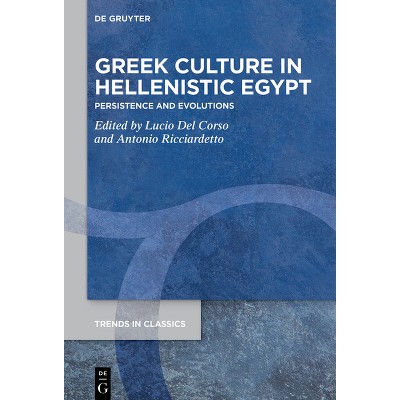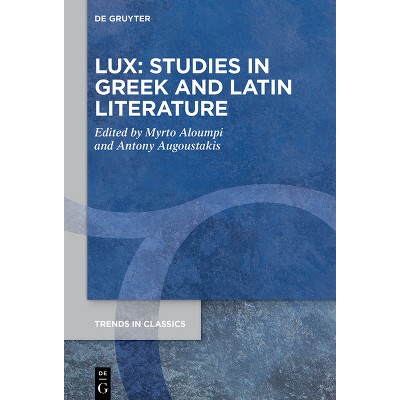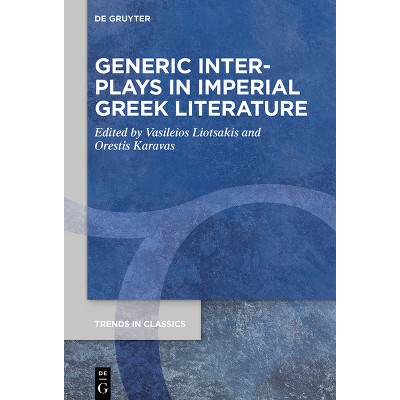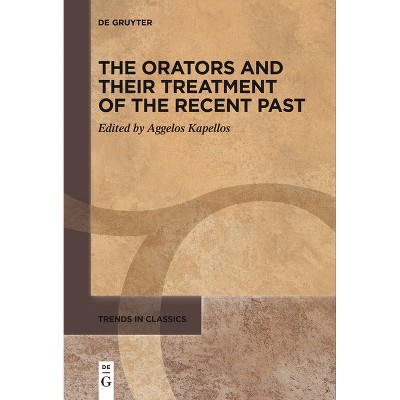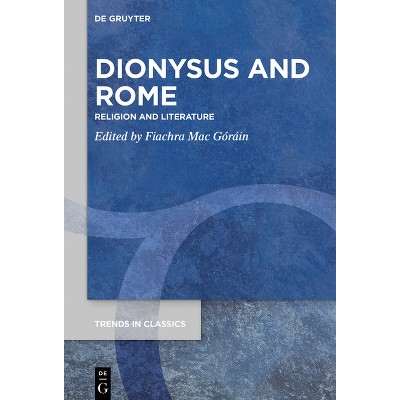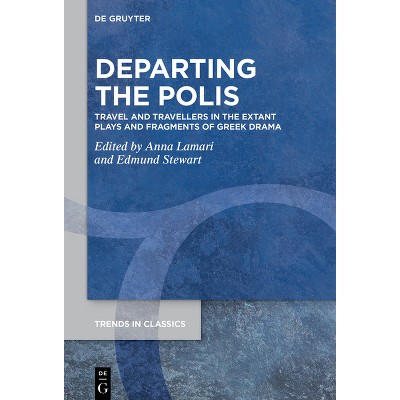Sponsored

Wonder and the Marvelous in Hellenistic Literature - (Trends in Classics - Supplementary Volumes) by Alessandro Giardini (Hardcover)
Pre-order
Sponsored
About this item
Highlights
- This volume explores the concepts of wonder and the marvelous in literary and philosophical texts from the fourth and third centuries BCE.
- About the Author: Alessandro Giardini, Scuola Normale Superiore, Pisa, Italy.
- 300 Pages
- Literary Criticism, Ancient & Classical
- Series Name: Trends in Classics - Supplementary Volumes
Description
Book Synopsis
This volume explores the concepts of wonder and the marvelous in literary and philosophical texts from the fourth and third centuries BCE.
It argues that wonder--an emotion whose distinct cognitive significance was recognized early in Greek culture--is depicted by Hellenistic writers as the defining emotion of knowledge acquired through literature. In this context, these authors use wonder as a means of engaging allusively with the relationship between knowledge, literature, and philosophy, in close dialogue with Plato's and Aristotle's theories of wonder--the earliest theoretical conceptualization of this emotion in Western culture and a key element in these philosophers' critique of literature's cognitive value.
By examining the works of Theopompus, Callimachus, Aratus, and Apollonius of Rhodes--while also considering important figures such as Xenophon, Chrysippus, and the Historians of Alexander--this book reconstructs this important cultural debate. It demonstrates how wonder functions as a literary tool to reaffirm literature's capacity to convey cognitively and ethically meaningful content, bridging a gap in modern studies on wonder - a crucial topic for understanding the history of Western civilization.
About the Author
Alessandro Giardini, Scuola Normale Superiore, Pisa, Italy.
Shipping details
Return details
Trending Book Pre-Orders






